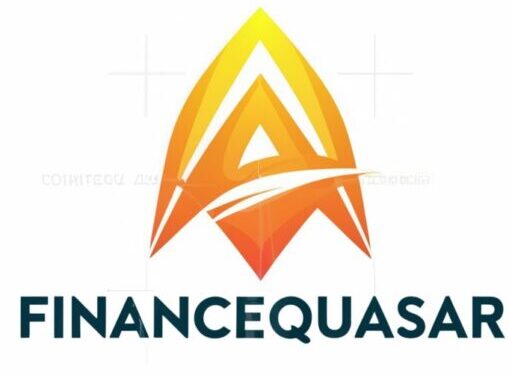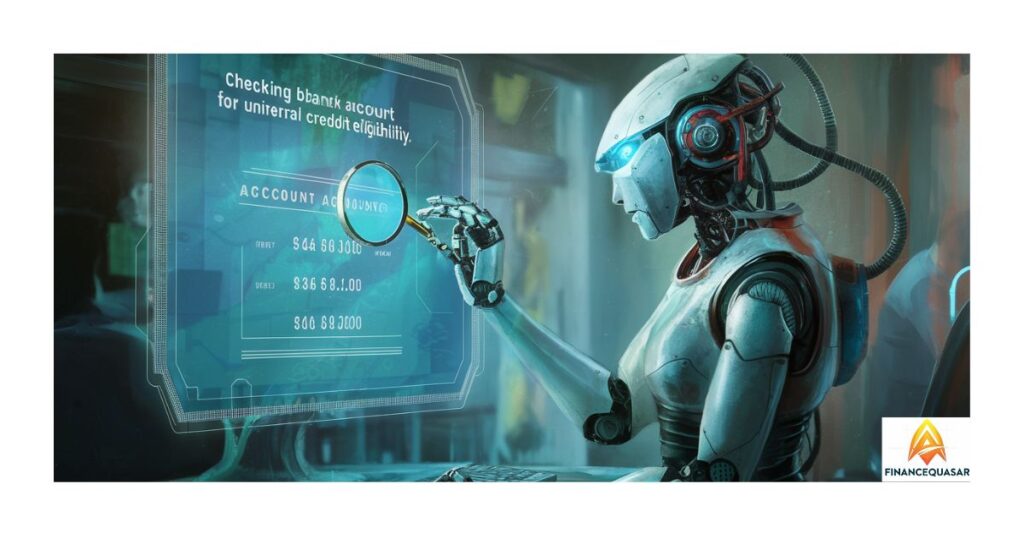Can Universal Credit check my bank account means whether the Universal Credit system has the ability to look into my personal bank records to verify my financial situation.Universal Credit can check your bank account as part of the application process and to verify eligibility. This is done to confirm income, savings, and ensure accurate benefit payments. Compliance with data protection laws ensures your privacy is safeguarded throughout the process.
Can Universal Credit check my bank account It’s a question that sparks curiosity and concern alike. In today’s digital age, where personal data privacy is paramount, the idea of government agencies delving into financial records raises eyebrows.
Understanding Universal Credit
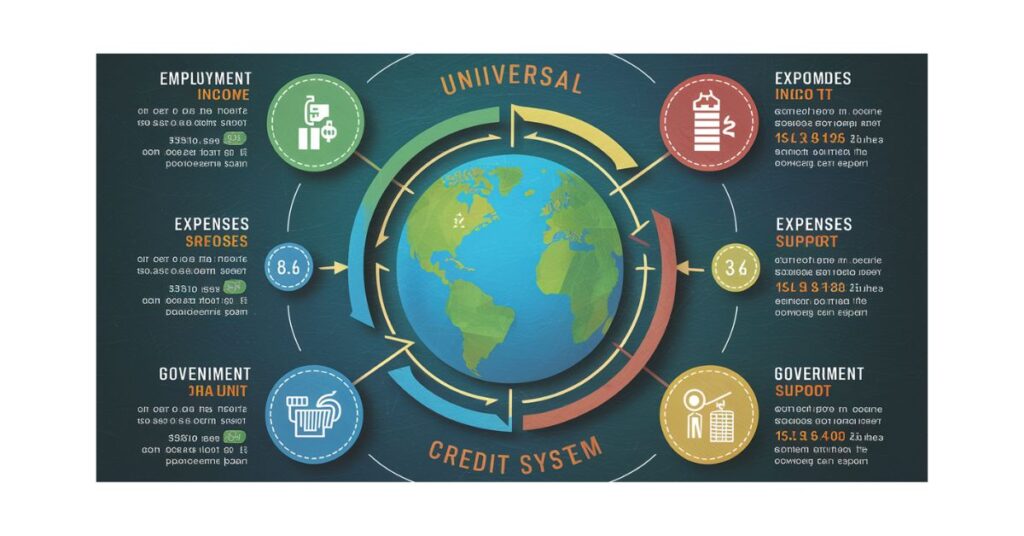
- Digitalization and Accessibility: Universal Credit is designed to be accessible online, allowing applicants to manage their claims and communicate with authorities digitally.
- Monthly Payments: This monthly cycle helps recipients better manage their finances and plan for the long term, promoting financial stability and independence.
- Conditionality and Compliance: Universal Credit often comes with conditions that recipients must meet to continue receiving benefits. These conditions may include actively seeking employment, attending training programs, or meeting certain health-related requirements. Compliance with these conditions is monitored closely to ensure that the system remains fair and effective.
- Support Services: These services may include job training, counseling, childcare support, and housing assistance, among others.
By understanding the intricacies of Universal Credit, individuals can make informed decisions regarding their financial well-being and access the support they need to thrive in an ever-changing society.
Explanation of Universal Credit system
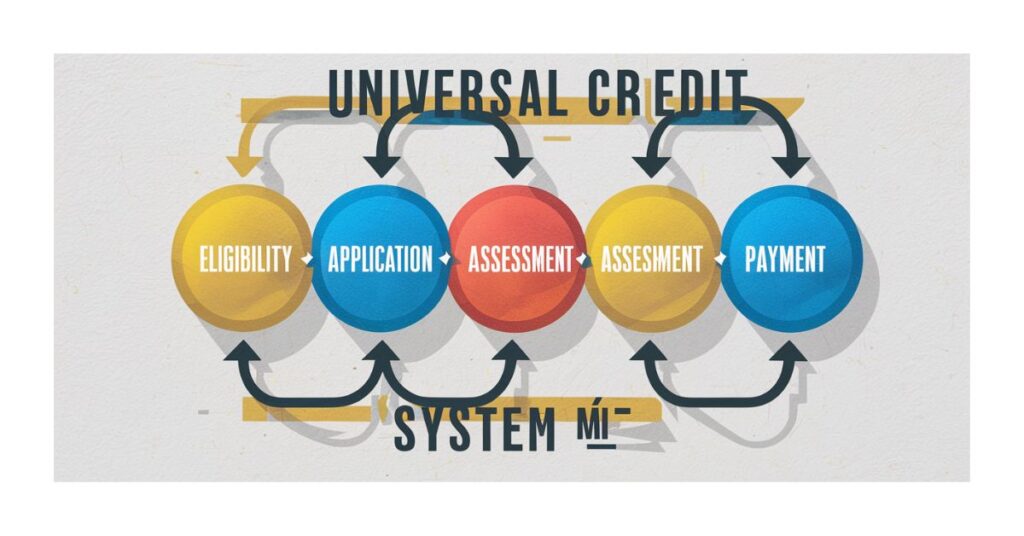
Universal Credit is a unified welfare benefit system in the UK, merging various payments into one. It assists individuals and families with living costs, housing, and childcare. Eligibility depends on factors like income, age, and residency, with support tailored to individual needs.
This system aims to simplify welfare assistance, promote financial stability, and ensure that benefits reach those who need them. Staying informed about Universal Credit’s guidelines and updates is essential for navigating the welfare system effectively.
Purpose and benefits
The purpose of Universal Credit is to simplify the welfare system by merging various benefits into a single monthly payment. This streamlined approach aims to make it easier for individuals and families to access financial assistance for living costs, housing, and childcare. By consolidating benefits, Universal Credit seeks to reduce administrative complexities, minimize errors, and ensure that support reaches those in need more efficiently.
Overview of Bank Account Checks
Bank account checks are a crucial aspect of assessing eligibility and determining the appropriate level of support in welfare programs like Universal Credit. They involve examining individuals’ bank statements to verify income, assess financial situations, and ensure that benefits are allocated accurately. These checks help maintain transparency, prevent fraud, and ensure that assistance is provided to those who truly need it.
Bank Account Checks in Universal Credit
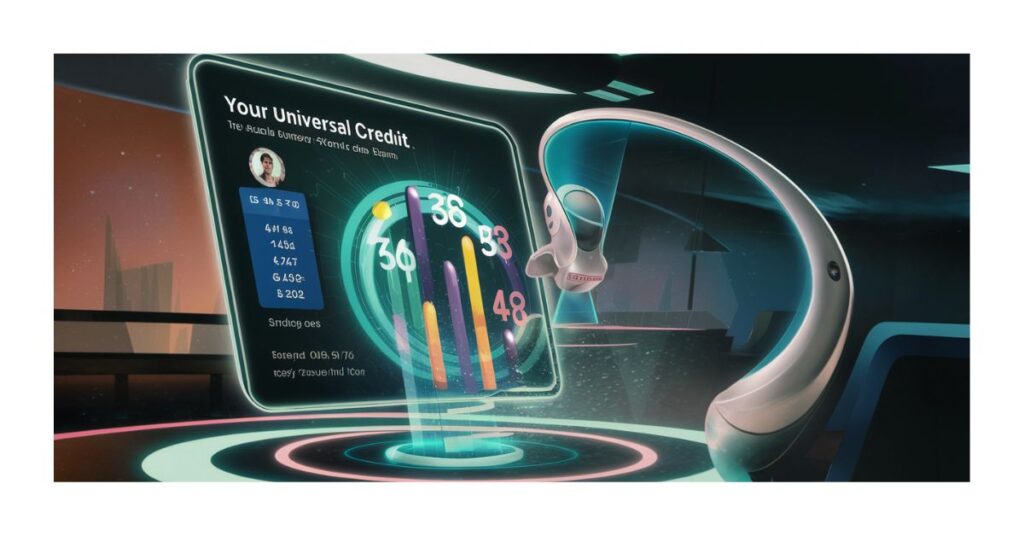
Universal Credit is a welfare benefit provided by the UK government to support individuals and families with their living costs, including housing expenses, childcare, and other basic needs. It replaces several existing benefits, including Income Support, Jobseeker’s Allowance, Housing Benefit, Child Tax Credit, and Working Tax Credit.
Applying for Universal Credit is a process that requires individuals to provide detailed information about their financial situation, including their bank account details. This information is crucial in determining the eligibility of applicants for the benefit and calculating the amount of support they are entitled to receive
Why are Bank Account Details Important in Universal Credit Applications?
When individuals apply for Universal Credit, one of the key pieces of information they need to provide is their bank account details. This information is used to verify income and savings, which are factors that can affect the amount of support a person is entitled to receive.
Do the Government Conduct Ongoing Bank Account Checks?
Recipients are responsible for reporting any changes in their circumstances, including changes in income, savings, or living arrangements, to the DWP. Failing to report changes promptly or providing inaccurate information can lead to overpayments, underpayments, or penalties.
What Happens if Changes are not Reported?
Failure to report changes in circumstances can have serious consequences for recipients of Universal Credit. For example, if someone fails to report an increase in income, they may be overpaid and required to pay back the excess amount. On the other hand, if someone fails to report a decrease in income, they may receive less support than they are entitled to.
Recommended This Post: What Is LH Trading Charge On Bank Statement?
Reasons for Bank Account Checks
- Verification of Identity: Checking bank account details can help verify the identity of the applicant or recipient. This is crucial for ensuring that the right person is receiving the benefits they are entitled to and to prevent fraud.
- Income Verification: Bank account checks allow authorities to verify the income declared by the applicant or recipient. This helps ensure that the individual is reporting their financial situation accurately and that they are receiving the correct number of benefits based on their income level.
- Savings and Assets: Checking bank account details enables authorities to assess the individual’s savings and assets. This is important as eligibility for certain benefits may depend on the individual’s level of savings or assets.
How Bank Account Checks are Conducted
Bank account checks in programs like Universal Credit involve reviewing individuals’ bank statements to verify income, expenditures, and savings. This process helps assess financial circumstances accurately to determine eligibility and the level of support needed. Typically, claimants provide consent for these checks, and relevant financial information is securely accessed and analyzed to ensure transparency and fairness in benefit allocations.
Can Universal Credit Check My Social Accounts?
Universal Credit primarily conducts bank account checks to assess eligibility and support levels. While it doesn’t typically check social media accounts, it may verify information provided by claimants through other means.
It’s crucial to provide accurate details during the application process, as discrepancies may prompt further investigation. However, claimants’ privacy rights are protected, and any information obtained is used solely for assessment purposes in accordance with relevant regulations.
How Do DWP Check Your Bank Account?
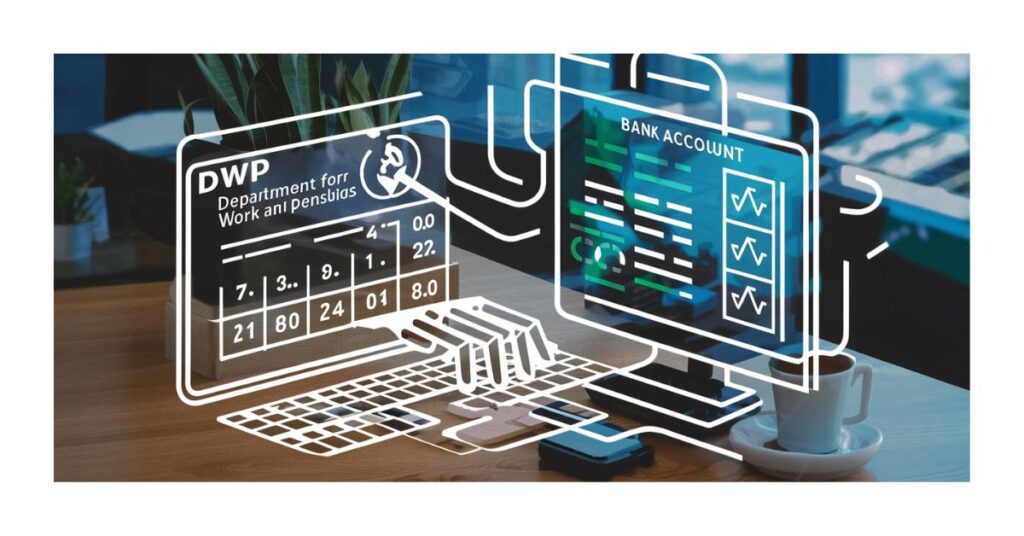
The Department for Work and Pensions (DWP) may conduct bank account checks by requesting permission from claimants to access their bank statements. Alternatively, claimants may be asked to provide copies of their bank statements for review. These checks help verify income, expenditures, and savings, ensuring that benefits are allocated accurately.
It’s essential for claimants to cooperate with these checks and provide truthful information, as discrepancies may affect benefit eligibility. However, the process is conducted with respect for individuals’ privacy rights and in compliance with relevant regulations.
What Happens If You Lie on Universal Credit Application?
Lying on a Universal Credit application can have serious consequences. If discovered, it may lead to penalties such as repayment of overpaid benefits, fines, or even criminal prosecution. False information can impact eligibility for benefits and may result in benefits being reduced or stopped altogether.
It’s essential to provide accurate information during the application process to avoid repercussions. Claimants should seek support or clarification if unsure about any details and understand that honesty is crucial for maintaining the integrity of the welfare system.
The Implications of Benefit Fraud
Benefit fraud carries significant implications, including financial penalties, repayment of overpaid benefits, and potential criminal charges. Moreover, individuals found guilty of benefit fraud may face social stigma and damage to their reputation.
The wider repercussions extend to the community, as fraudulent claims divert resources from those genuinely in need. It’s essential to report suspected fraud to the appropriate authorities to uphold the integrity of the welfare system. By combatting benefit fraud, we ensure that support reaches those who truly require assistance, fostering fairness and accountability within society.
Universal Credit Eligibility Criteria
To qualify for Universal Credit, individuals must be over 18, live in the UK, and have limited savings. Eligibility also depends on income, with the amount varying based on circumstances like housing costs and number of dependents. Additionally, claimants must meet certain residency and immigration criteria.
Those with savings above a certain threshold may not be eligible. It’s crucial to provide accurate information during the application process and report any changes promptly. Understanding the eligibility criteria helps individuals determine their entitlement and ensures that support reaches those who meet the necessary requirements.
Universal Credit Review Asking for Bank Statements
This helps ensure that benefit amounts are accurate and reflective of individuals’ financial situations. Claimants typically receive notice before a review and must submit the requested documents within a specified timeframe.
Failure to provide accurate information or comply with review requirements may affect benefit eligibility. It’s essential for claimants to keep their financial records up-to-date and cooperate with review requests to prevent delays or disruptions in receiving support.
Privacy Concerns and Regulations
- Data Protection Laws: In many countries, including the UK and EU member states, data protection laws regulate the collection, processing, and storage of personal data, including banking information.
- Data Minimization: Organizations conducting bank account checks should only collect and use the minimum amount of personal data necessary to achieve the intended purpose. Unnecessary or excessive collection of banking information could raise privacy concerns.
- Security Measures: Strong security measures must be in place to protect the confidentiality and integrity of bank account information. This includes encryption, access controls, and other safeguards to prevent unauthorized access or disclosure.
- Accountability: Organizations conducting bank account checks are accountable for compliance with data protection laws. This includes implementing appropriate policies, procedures, and training to ensure that staff understand their obligations and responsibilities regarding the handling of personal data.
GDPR Compliance
GDPR compliance refers to adhering to the General Data Protection Regulation, a set of regulations designed to protect the privacy and personal data of individuals within the European Union (EU) and the European Economic Area (EEA).
Safeguards and Protections
Safeguards and protections refer to measures put in place to ensure the security and well-being of individuals. In the context of bank account checks for welfare programs like Universal Credit, safeguards and protections may include strict data encryption protocols, secure storage of personal information, and stringent access controls to prevent unauthorized viewing or manipulation of sensitive data. These measures aim to uphold individuals’ privacy rights and mitigate the risk of data breaches or misuse.
FAQ’s
1. Can Universal Credit access my bank account without permission?
Universal Credit typically requires consent from the claimant before accessing their bank account.
2. What information does Universal Credit gather from bank account checks?
Universal Credit primarily assesses income, expenditures, and savings to determine eligibility and support levels.
3. How often does Universal Credit conduct bank account checks?
Bank account checks may occur periodically, especially during initial assessments and significant changes in circumstances.
4. Can I refuse to provide access to my bank account?
While claimants have the right to refuse access, doing so may impact the assessment process and eligibility for benefits.
5. What should I do if I suspect unauthorized access to my bank account by Universal Credit?
If there are concerns about unauthorized access, claimants should contact Universal Credit and relevant authorities to address the issue promptly.
Conclusion
Can Universal Credit check my bank account? highlights the intersection of privacy and necessity in the realm of social welfare. Balancing these priorities requires careful consideration and adherence to robust privacy regulations. By fostering transparency, accountability, and ethical practices, we can strive to maintain the delicate equilibrium between upholding privacy rights and effectively administering programs like Universal Credit.

I am constantly seeking new challenges and opportunities to make a positive impact through my work. With my passion for innovation and drive for success, i continues to push the boundaries of what is possible in the ever-evolving world of technology.
In addition to my technical skills, I am known for my strong communication and leadership abilities. I thrives in collaborative environments, where i can leverage my expertise to drive projects forward and inspire teams to achieve their goals.
